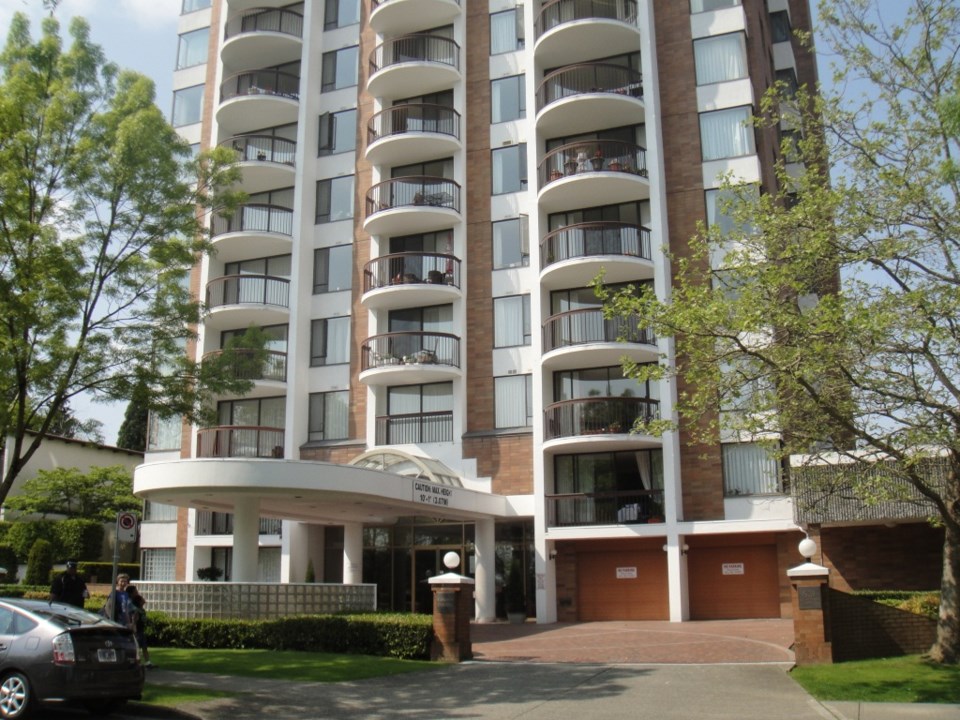Do you own or rent your home?
Across Canada and Metro Vancouver, approximately two thirds of the population owns a home. However, in the City of Vancouver, the majority of residents are renters. In the West End the percentage is greater than 80 per cent and in the Downtown Eastside almost 90 per cent rent.
In Dunbar, Kerrisdale and other predominantly single-family neighbourhoods, the percentage of renters is significantly lower. However, recent zoning changes encouraging laneway housing and basement suites will result in increases in the number of renters over time.
Furthermore, new condominium apartment and townhouse developments will likely increase the number of renters since historically about 35 to 40 per cent of new condominiums are purchased by investors and rented out.
I spent the past few weeks thinking about Vancouver’s rental market in preparation for a recent talk to the Canadian Federation of Apartment Associations. The CFAA includes representatives of Canada’s large and small landlords, as well as related companies serving the rental housing industry.
I was asked to address why we stopped building rental housing in Vancouver and present ideas on how to increase new supply in the absence of senior government subsidies.
When the Central Mortgage and Housing Corporation (now the Canada Mortgage and Housing Corporation or CMHC) was created in 1946, many of its activities were directed towards helping returning veterans purchase a house. However, through CMHC, the federal government introduced various programs to encourage private builders, developers and financial institutions to create new rental housing.
Over the subsequent four decades, there was an alphabet soup of programs including MURBs (Multiple Unit Residential Buildings) which resulted in a considerable supply of new rental housing.
At the same time, the federal and provincial governments were building public housing and funding non-profit rental and cooperative housing. Many of these non-profit sponsors are about to lose their subsidies, but that is another story for another day.
Unfortunately, developers, non-profits and investors eventually became addicted to these government programs and, when they ended, so did much of the rental housing supply. Today we have Vancouver and other municipalities trying to encourage new rental supply by offering various incentives such as density bonuses, parking reductions, reduced municipal fees and fast-tracking of applications.
When compared with other municipalities, especially West Vancouver where not one new purpose-built rental building has been constructed in over 40 years, Vancouver is succeeding in its efforts to increase supply.
However, more needs to be done since many potential first-time buyers and last-time buyers are now considering renting, rather than owning for various reasons.
Whereas the Canadian dream has been to own a home and a car, this is no longer always the case. Increasingly, younger generations are willing to share a car, rather than buy their own.
Similarly, while many still dream of owning a house, others prefer to rent an apartment in an expensive urban location rather than get in a car and drive until they can find a house they can afford to buy.
One might say they are willing to become more like the Germans, for whom renting is the norm. In Germany 80 per cent of Hamburg residents rent, while in Berlin an astounding 90 per cent are renters.
It is not just the Millennials. Increasingly, empty nesters and seniors who have owned homes for decades are thinking about renting, rather than buying another home for various reasons.
There is a growing perception that house prices cannot continue to rise as they have in the past, and could drop.
Also, the recent provincial requirement that strata corporations undertake inspections and prepare a depreciation report is revealing that many condominium projects will require expensive repairs and higher strata fees in the future.
Furthermore, given Vancouver’s very high real estate prices, it is possible to rent a property for significantly less than it would cost to own the same property when taking into account the value of money, taxes, condominium fees, etc.
Despite the financial benefits of renting, there is no doubt that many of us will continue to want to own a home for emotional reasons. However, we too should encourage the development of new rental housing construction since who knows — one day we may be the beneficiaries of this new housing.



